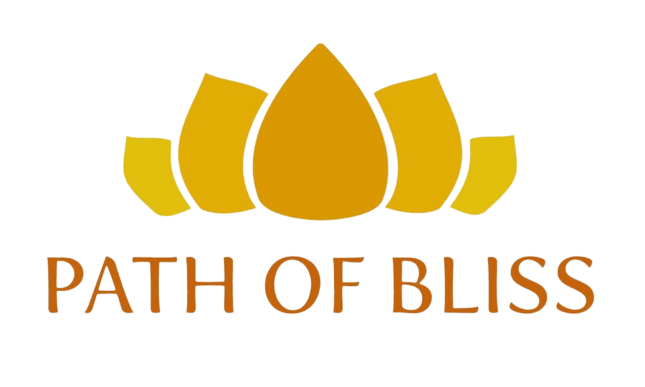It is an innate aspect of human nature to believe in our own correctness. This inherent confidence in our perspectives and beliefs is what has enabled us to make decisions, evolve, and progress as a species. Yet, while this confidence has its merits, it also comes with a crucial caveat: the idea that our sense of 'rightness' is fallible.
The Conviction of Rightness
From early on, our brains are wired to seek patterns and make sense of the world around us. Over time, these patterns become entrenched beliefs, leading us to operate under the assumption that our worldview is the correct one. This cognitive bias, known as "confirmation bias", makes us naturally seek out information that aligns with our beliefs and dismiss data that challenges them.
At the heart of this lies a very fundamental human need: the need for cognitive consistency. We like our thoughts and beliefs to align because it creates a sense of security and stability in an otherwise unpredictable world.
The Pitfalls of Always Being "Right"
While believing in our own correctness might offer comfort, it also poses significant limitations. For starters, it can lead to a narrow worldview. When we operate from a place of always being right, we shut ourselves off from new information, perspectives, and experiences. This rigidity can hinder personal growth and limit our understanding of the broader world.
Additionally, this can lead to conflicts in interpersonal relationships. If two parties, both firm in their belief of being right, clash, it can be challenging to find common ground or resolution.
The Power of Open-mindedness
Recognizing the possibility that what we deem right might, in fact, be wrong is the first step towards cultivating open-mindedness. This doesn't mean we should constantly second-guess ourselves, but rather approach situations and discussions with a sense of curiosity.
Being open-minded allows us to:
1. Embrace New Experiences: By acknowledging that there's always something new to learn, we become receptive to novel experiences and ideas.
2. Improve Decision Making: An open mind can assimilate a diverse range of information, leading to more informed decisions.
3. Build Better Relationships: With a willingness to see from others' perspectives, we can foster deeper understanding and connection in our relationships.
4. Enhance Personal Growth: With every new perspective we consider, we add layers to our understanding, facilitating personal evolution.
Conclusion
Believing we're always right is a natural human tendency, rooted in our desire for cognitive consistency and understanding of our surroundings. However, embracing the possibility of being wrong opens the door to a richer, more informed, and connected life. By acknowledging the fallibility of our beliefs and actively seeking varied perspectives, we allow ourselves to grow, learn, and truly engage with the multifaceted world around us.

